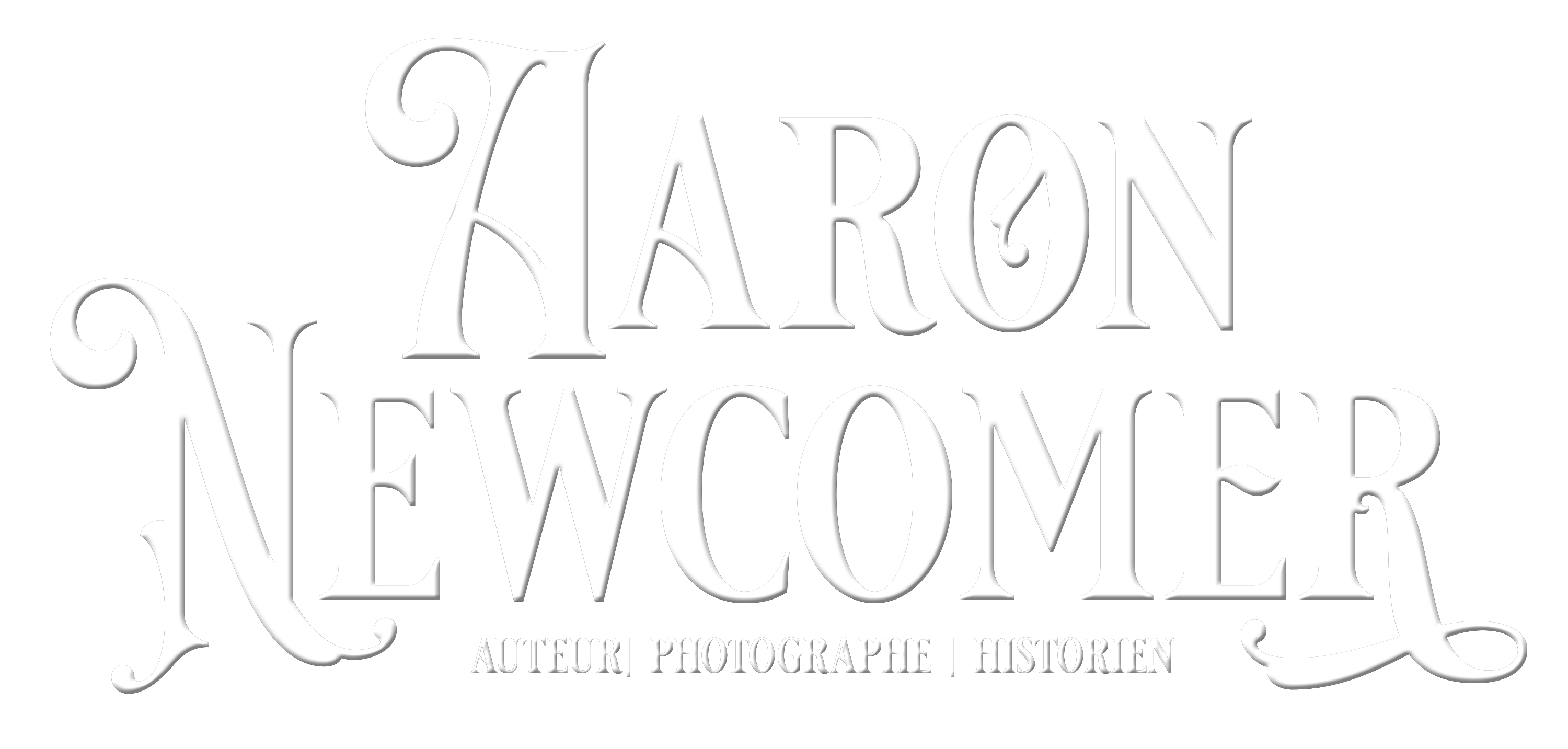C. D. Leet & Company Pinfire Cartridges

In our continuing saga of the relationship between pinfire cartridges and the United States, this post will take a look at C. D. Leet & Company.

Last post we talked about Christian Sharps and their problems with being able to fulfill their pinfire cartridge contract. Because of the delays, the Frankford Arsenal received permission on February 20, 1862 to buy 200,000 pinfire cartridges with the higher powder quantity “equal to those of Colts army revolvers” from a different manufacturer. So on February 28th, Captain Crispin contacted C. D. Leet to order 250,000 pinfire cartridges. This was actually the very first order, for any kind of cartridge, that C. D. Leet received from the Army.
C. D. Leet delivered the first 50,000 cartridges on April 14th and received a payment of $856.25 for them on April 30th. They deliver another 88,000 in the beginning of May and the rest of the first order on May 16th. On May 3rd, 200,000 more were ordered which were all delivered on June 17th. The final order of pinfire cartridges from any manufacturer was Dec 10, 1863 for 76,000 from C. D. Leet which were delivered on December 30th.
C. D. Leet was the only manufacturer who seemed to have had no quality issues with the cartridges they delivered. You will notice that the design of the cartridge is a little different than Christian Sharp’s version. Leet’s cartridge contains a lead plate at the base of the case rather than having the case itself be reinforced. The next manufacturer we will look at uses the same technique as well. This had to have been easier and more efficient than Sharp’s method and is probably why there were much less issues manufacturing them to an acceptable standard.
Their total tally of pinfire cartridges ordered and delivered comes to 526,000.


In addition to the pistol cartridges produced for use in the American Civil War, C. D. Leet also patented (#98,278) and produced the first paper shotshell with a metallic base in the United States. The patent specifically talks about using a centerfire Boxer primer but they also made a pinfire variation in 10g and 12g. Shells with different primers inside, different case lengths and varying brass base lengths are known to exist. Three 10g variations and a 12g example are shown above.
References and Further Research:
National Archives. various correspondences.
Thomas, Dean. Round Ball to Rimfire Part Three. Gettysburg, PA: Thomas Publications, 2003.
Curtis, Chris C.. Systeme Lefaucheux. Santa Ana, CA: Armslore Press, 2002.
This article is part 2 of a series on The Relationship Between the United States and Pinfire Cartridges. View the rest here:
Part 1 – Christian Sharps Pinfire Cartridges
Part 2 – C. D. Leet & Company Pinfire Cartridges
Part 3 – Allen & Wheelock Pinfire Cartridges
Part 4 – Excavated Pinfire Guns and Cartridges from the American Civil War
Part 5 – Other Uncommon American Pinfire Cartridges
Part 6 – Union Metallic Cartridge Company Pinfire Cartridges
Part 7 – American Companies who Loaded Pinfire Cartridges
Part 8 – W. Tibbals Revolving Firearms Patent Model







 Bonjour, je m'appelle Aaron Newcomer. Je suis collectionneur et chercheur sur les systèmes d'armes à feu à chargement par la culasse du début du 19e siècle, avec un intérêt particulier pour les travaux de Jean Samuel Pauly et Casimir Lefaucheux. Je collectionne les cartouches et les documents liés à ces types d'armes à feu et je mène des recherches sur ces sujets, approfondissant ma compréhension et ma connaissance de ces armes historiques et leur place dans l'évolution de la technologie des armes à feu. Ma collection et mes recherches reflètent mon engagement à préserver et à comprendre l'histoire et les innovations techniques de ces systèmes d'armes à feu anciens.
Bonjour, je m'appelle Aaron Newcomer. Je suis collectionneur et chercheur sur les systèmes d'armes à feu à chargement par la culasse du début du 19e siècle, avec un intérêt particulier pour les travaux de Jean Samuel Pauly et Casimir Lefaucheux. Je collectionne les cartouches et les documents liés à ces types d'armes à feu et je mène des recherches sur ces sujets, approfondissant ma compréhension et ma connaissance de ces armes historiques et leur place dans l'évolution de la technologie des armes à feu. Ma collection et mes recherches reflètent mon engagement à préserver et à comprendre l'histoire et les innovations techniques de ces systèmes d'armes à feu anciens.




